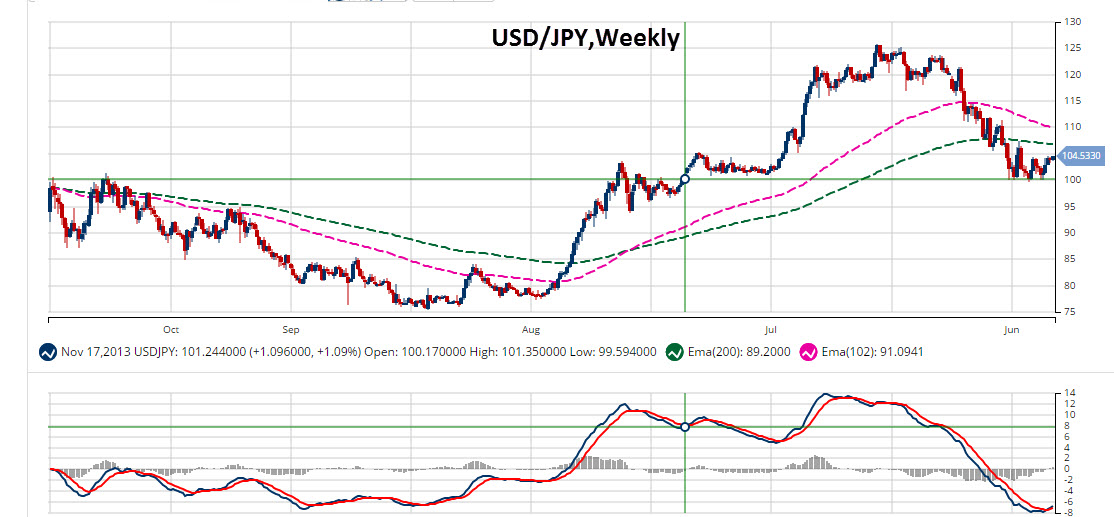
Chinese policymakers are in the midst of a very delicate maneuver. With a hyped housing market and an unloved stock market, China’s policymakers want the “hot money” from real estate investment to be funneled away from housing and into the stock market. The problem? It won’t be easy and may require sacrificing economic growth, just at the point when growth has begun to stabilize.
The Bubble Returns
For some time now, Beijing has been well aware of the bubbly housing market. In fact, China has experienced two housing slumps in past decade, back in 2011-2012 and in 2014-2015, in both cases, the slump was largely due to the government’s efforts to curb prices in the preceding years. Those efforts were primarily through the implementation of new housing regulations and by clamping down on shadow lending. More importantly, the Chinese government put to good use its main monetary tool, the Yuan. By allowing the Yuan to strengthen, credit became more expensive and, as a result, the hype ended. But the price tag was dear because tightening efforts also resulted in a sharp slowdown in the Chinese economy and a meltdown in the Chinese stock market.
In 2015, the crisis was so severe, in fact, that Chinese policymakers had no choice but to drastically reverse policy by cutting lending rates, intervening in the stock market and, yes, as you might have surmised, devaluing the Yuan. But ironically, just when the easing measures have started to make a real impact, the housing market has once again become overheated and has turned bubbly. Continue reading "Will China Drop The Ball?"

